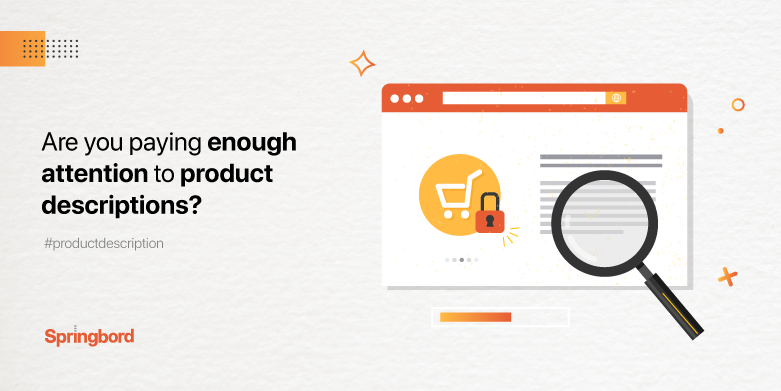 Read time 3 min
Read time 3 min
The retail industry is constantly evolving and as a modern retailer, you have to be consistently adapting your strategies, processes and workflows to keep up with the pace of change in the industry. And this includes how you manage your inventory. Inventory management is both an essential as well as the most difficult part of managing retail business. Inventory management encompasses multiple things that affect various parts of the retailer’s business including warehouse management and on-shelf availability. The entire process gets more complicated as a retailer adds more and more product SKUs to the product list.
Managing your inventory must be at the top of your list of management priorities because it has a direct impact on your business’ bottom line. While inventory shortages result in losing sales and lower customer loyalty, too much inventory leads to a higher increase in ‘Cost to Serve’. And that is why every retailer needs an ‘Inventory Plan’. A recent report suggests that businesses that actively manage their inventory report a 2-10% increase in sales and a 50% reduction in lead times. Here is why you should consider having an efficient inventory management system for your retail business.
Top Five Reasons Stock Inventory Management is Important for Retail Business:
Helps face challenges brought by increased sales
As average consumer spending is on the rise, economies all over the world are thriving like never before. With this comes the big opportunity of increased sales. However, when the stock is in and out of your warehouse faster and faster, you will need to ensure that your stock levels are accurately monitored so that all other related processes remain efficient and streamlined. If not for this, you will end up being tangled up in endless stock updates, consumer complaint and worn out warehouse staff.
Helps cut storage costs and prevent unnecessary overheads
When retailer have lower inventory, automatically the costs to maintain it are lowered. An efficient inventory management ensures that retailers have sufficient inventory level needed to function smoothly. Apart from storage costs, the cost of maintaining inventory – insurance, inventory taxes, damages, etc. – is often a cause of headache for retailer. Good news is that such headache can be overcome easily with the help of stock inventory management system that uses available data to manage an appropriate quantity of merchandise to order.
Makes your stock checks easy and quick
Your stock change every time something is bought, sold, returned or exchanged. When you have an inventory management system in place that tracks these change constantly, your stock checks become quicker, easier and accurate at the end of stipulated time frame (week, month or quarter). By just confirming the data already existing in your system, instead of doing a tedious data entry, you will save time, money and manpower.
Happier customers, better brand image, more sales!
If you’re able to override the obstacles of understocking and overselling, you will surely make your customers happier, thereby garnering positive reviews and good brand image, and eventually more sales. When you are able to keep your customers in the know when the new tock is arriving from your vendor, your customers feel they can trust you. Availability of desired product almost always creates a pleasant shopping experience for the customers.
Helps you scale your business with ease
Do you have multiple inventory locations now or are anticipating growth in future? A centralized inventory management system that supports multiple store location gives you a great head-start. You no longer have to waste time coordinating your inventory across multiple store outlets either, thanks to inventory management software.
Final Word:
A great inventory management is a dream of every retailer and for good reasons. It saves you ample time, money and effort while helping your employee process orders more quickly and efficiently. Not only does an inventory management reduce errors, but also provides insightful data that enables you make strategic business decision.
All these factors make stock inventory management a huge asset to retail business. Springbord manages inventory using automated process that enables to update the stocks, restock products sold and ensure all the inventory information are available including UPC/EAN/ISBN, title, price, and quantity.







